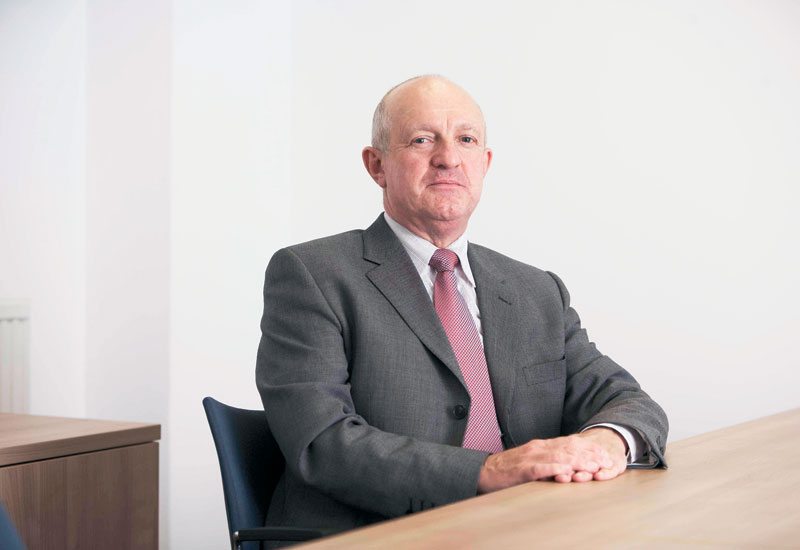“Appointing external asset managers means that the owner’s or operator’s assets are being compared with other like assets in the outside market. Looking internally is a short term measure fraught with longer term risks,” warns Hillier.
Nijhof warns that in-house asset managers “can become costly, as the asset manager will need a support team in terms of finance, marketing and market analysis, operational analysts and even possibly operational representation”.
He says: “ To establish this kind of a structure may be difficult. The asset management companies tend to have these skills in house at a fraction of the cost. In our own case the annual fee of the asset management company is not little, but divided over the hotel portfolio it is only a very small cost, which is very much worth your while”.
Kelliher and Croston take a more balanced view of things, saying that the assessment really depends on the owner’s situation. Kelliher says the decision rests on a range of factors: the size of a hotel, the number of rooms, the number of hotels, the hotel locations, the branding of the hotel, the style of operations, long or short term investments, and the available expertise.
Croston point out that it depends on how many hotels the owner has.
“If the owner has an extensive portfolio of hotel assets across the region it is probable that an insourced solution will be both more cost effective and may over time facilitate further expansion in the sector,” he says. “If the portfolio is small or even a single asset, the outsourced solution is likely to be more productive. One of the key issues is the ability to attract and retain the right calibre of staff to execute the function internally, which is likely to be more realistic as the portfolio grows and the owner can offer career progression”.
He adds: “A hybrid solution whereby the function is outsourced but the owner retains the senior asset management role internally can also be a good solution for all parties”.

Advertisement
Assuming an owner has taken the decision to appoint an asset manager, there are many considerations to follow in order to pick the most suitable company , continues Croston.
“The owner should ideally already have a clear understanding of the role they want the asset manager to undertake. The term “asset management” can cover such a wide spectrum from relatively passive observation and reporting to active involvement and collaboration with the operating partner/brand. In order to select the right asset manager the owner first needs to decide if their desire is to monitor, or to actively drive, towards optimum return on investment,” he says.
Once the decision to appoint an asset manager has been made, the owner should then assess candidate asset management entities against the following set of criteria, recommends Croston:
• Demonstrated track record of successful asset management activities (preferably by speaking with existing/former clients).
• The CVs and the track record of
the personnel that will be assigned to the task.
• The extent to which the asset manager is able to articulate a clear vision of the areas of opportunity for enhancing performance after an initial review of the situation.
• The extent to which the remuneration of the asset manager is aligned with the defined “success” or objectives of the owner.
Another thing that is also important, adds Nierhaus, are personality and relationships.
“The owner needs a person that he can trust, who is hard working and who can translate his vision into reality and his business into a profit,” asserts Nierhaus.
WHO CONTROLS PRICING?
There is some debate about the role of asset managers when it comes to pricing, with some experts believing it is an integral part of the function and others advocating that the asset manager remains distant from this.
Nijhof says he thinks that asset managers should be “very much” involved in pricing, but only after very closely studying the market to gain competitor knowledge.
Croston says that “an asset manager should never be making direct pricing decisions”.
“Pricing per se is clearly a matter under the direct control of the operating partner and the asset manager should never be making direct pricing decisions. It is vital, however, that the asset manager closely monitors all pricing and distribution strategies being pursued by the operator and provides feedback where they believe that an alternative approach might be more productive. This is best achieved by demonstrating the success (ideally in the same market and at the same time) of alternative pricing and distribution strategies available and by reference to relative RevPAR performance over time,” says Croston.
“Particular pricing approaches may reflect brand level instructions to the general manager and his team and it may be that the asset manager will have to escalate certain pricing and distribution issues to regional and/or global level within the brand in order to effect productive changes in policy. The ability to communicate at this level and bring about positive results is another factor the owner should consider in their initial selection of the right asset management partner,” he says.









 Search our database of more than 2,700 industry companies
Search our database of more than 2,700 industry companies









